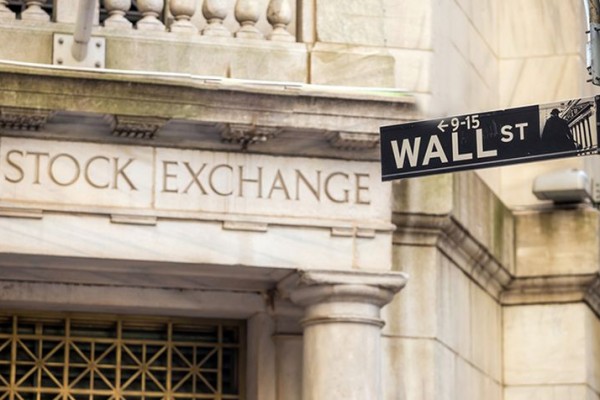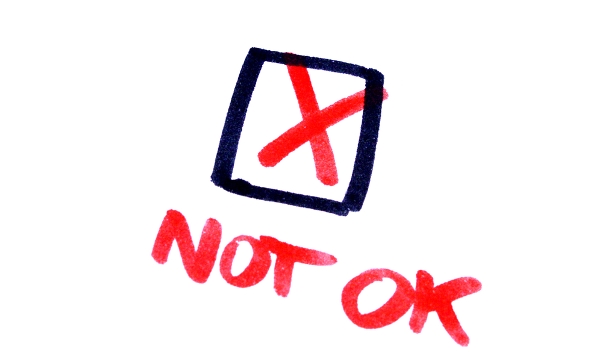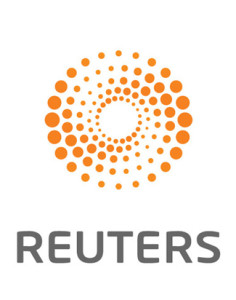Letter to Regulators: AFR Ed Fund urges SEC to withdraw misguided proposed rules on proxy advisors and resubmission thresholds for shareholder proposals
Read or download the full PDF version of the letter. The AFR Education Fund sent a letter to the Securities and Exchange Commission opposing proposed changes to rules concerning proxy voting advisors and resubmission thresholds for shareholder proposals. Taken together, the changes will dramatically reduce









